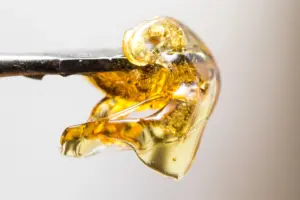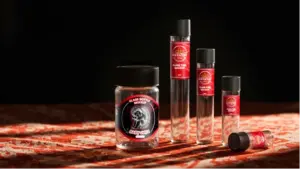The relationship between cannabis and music stretches back decades, weaving through jazz clubs, reggae studios, hip-hop sessions, and electronic dance floors. This cultural partnership has shaped not only individual artistic expression but entire musical movements, creating a complex tapestry of creativity, rebellion, and spiritual connection that continues to evolve in our modern era.
Cannabis has served as more than just a recreational substance in music—it has been a creative catalyst, a symbol of counterculture resistance, and a bridge connecting artists and audiences across generational and cultural divides. From Louis Armstrong’s “gage” references in the 1930s to today’s cannabis-sponsored music festivals, the plant has maintained its position as both muse and movement within the musical landscape.
The influence extends far beyond individual consumption habits. Cannabis culture has shaped musical aesthetics, influenced recording techniques, created entire subgenres, and established lasting business partnerships between the music and cannabis industries. As cannabis legalization spreads globally, this relationship grows increasingly mainstream, with major festivals now featuring dedicated cannabis consumption areas and artists openly embracing cannabis brands as part of their creative identity.
This exploration examines how cannabis has influenced musical creativity across genres, shaped industry practices, and continues to evolve as both industries mature. We’ll trace the historical roots from prohibition-era jazz clubs to modern cannabis-friendly festivals, analyze the creative and business implications, and consider what the future holds for this enduring cultural partnership.
The story of cannabis and music is ultimately one of human creativity seeking expression through altered consciousness, community building around shared experiences, and the ongoing tension between mainstream acceptance and countercultural authenticity that defines much of modern popular culture.

Historical Roots: Cannabis in Music Culture
Jazz Era and Early Influences
The documented relationship between cannabis and music began in earnest during the jazz era of the early 20th century. Jazz musicians were among the first to openly embrace cannabis, finding that it enhanced their creativity, spontaneity, and improvisational abilities. Louis Armstrong, one of jazz’s founding fathers, was a vocal cannabis advocate who called it “the gage” and praised its ability to put him “in touch with the world”.
In the underground clubs of New Orleans and Harlem, cannabis became integral to jazz culture. Musicians discovered that cannabis heightened their senses, allowing for enhanced creativity and improvisation that became hallmarks of the genre. The relaxed, flowing nature of cannabis consumption aligned perfectly with jazz’s emphasis on spontaneous musical expression and collaborative performance.
During this era, “reefer songs” emerged as a distinct category within jazz and blues music. These compositions contained coded references to cannabis use, allowing artists to celebrate the plant while navigating legal restrictions. The cultural significance extended beyond individual consumption—cannabis became a symbol of artistic freedom and resistance to mainstream social constraints that jazz musicians faced as predominantly African American artists in segregated America.
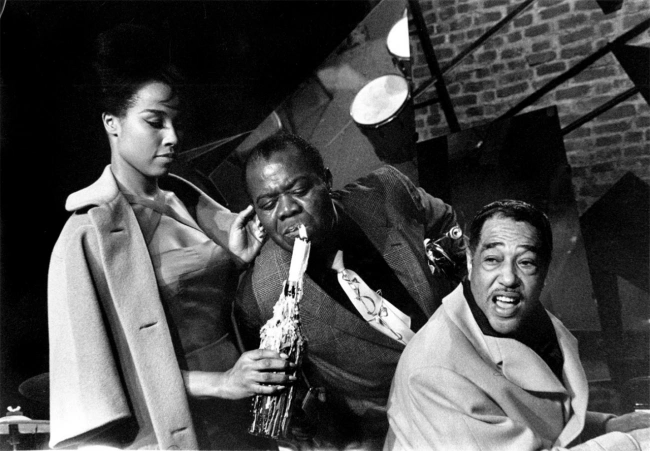
Folk and Protest Music
The 1960s marked cannabis culture’s expansion into folk and protest music, with figures like Bob Dylan playing pivotal roles in this evolution. Dylan and other folk artists embraced cannabis as part of broader countercultural movements challenging established social norms, including civil rights activism and anti-war protests.
The connection between cannabis and protest music wasn’t merely recreational—it represented philosophical alignment with ideals of peace, love, and social change. Folk musicians found that cannabis enhanced their ability to connect emotionally with their material and audiences, contributing to the intimate, revelatory nature of protest songs that defined the era.
Cannabis culture during this period intersected significantly with civil rights movements, as anti-cannabis propaganda often aligned with other forms of social oppression. This made cannabis use both a personal choice and a political statement for many folk musicians, who saw their consumption as part of larger struggles for freedom and equality.
The folk era established important precedents for cannabis advocacy within music, with artists using their platforms to challenge social stigmas and promote alternative lifestyle choices. This laid groundwork for more explicit cannabis advocacy in later musical movements, creating a template for artists to combine personal consumption with broader cultural messaging.
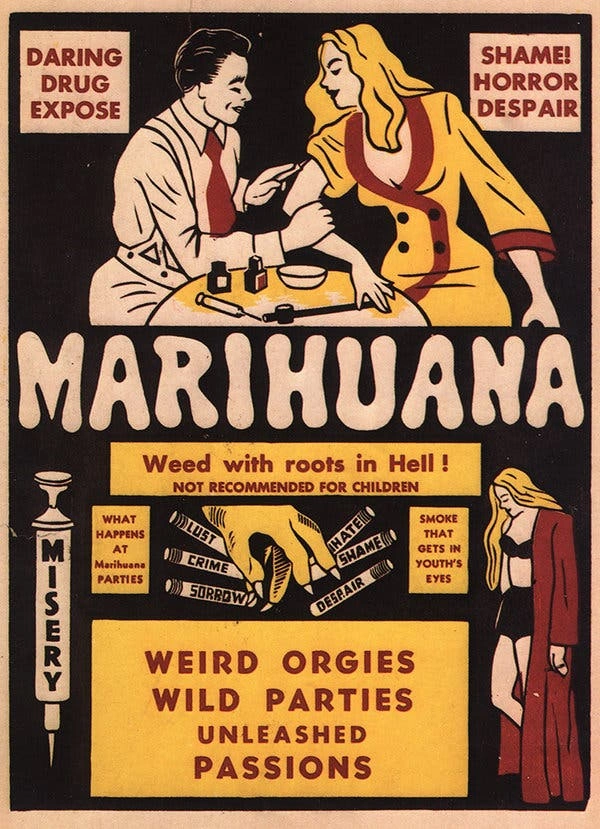
Evolution Through the Decades
By the 1970s and 1980s, cannabis had become deeply embedded in multiple musical genres, though its expression varied significantly. While jazz and folk had embraced cannabis as enhancing creativity and consciousness, emerging genres would develop their own unique relationships with the plant.
The evolution of cannabis in music culture during these decades reflected broader social changes, including shifting legal landscapes, changing demographic patterns of music consumption, and the emergence of new technologies for both music production and cannabis cultivation. Each era brought new artists who would redefine the cannabis-music relationship for their generation.
Genre Deep Dive: How Cannabis Shaped Musical Styles
Reggae and Rastafarian Culture
Reggae music represents perhaps the most profound spiritual connection between cannabis and musical expression. Bob Marley and the reggae movement elevated cannabis from recreational substance to religious sacrament, fundamentally altering how cannabis was perceived within music culture. In Rastafarian belief, cannabis serves as a tool for spiritual enlightenment and divine connection, making its use a religious practice rather than mere recreational activity.
Marley’s approach to cannabis was deeply rooted in Rastafarian theology, where cannabis consumption facilitated meditation, prayer, and spiritual communion. This religious framework provided reggae artists with powerful justification for cannabis advocacy, positioning their music as vehicles for spiritual teaching rather than simple drug promotion. Songs like “Jammin'” used innocent traditional terminology as direct cannabis references, demonstrating sophisticated approaches to cannabis messaging within mainstream music.
The musical characteristics of reggae—its laid-back tempo, emphasis on bass lines over drums, and distinctive rhythmic bounce—mirror cannabis’s relaxing effects. This sonic representation of cannabis consciousness became reggae’s signature sound, making the genre instantly recognizable and forever linked with cannabis culture. The fusion of African rhythms with American blues, filtered through cannabis consciousness, created reggae’s unique musical identity that transcended its Jamaican origins.
Reggae’s influence on cannabis normalization cannot be overstated. Through international success, reggae artists brought positive cannabis messaging to global audiences, challenging negative stereotypes and presenting cannabis use as spiritually meaningful rather than socially destructive. This established important cultural foundations for later cannabis advocacy movements across various musical genres.
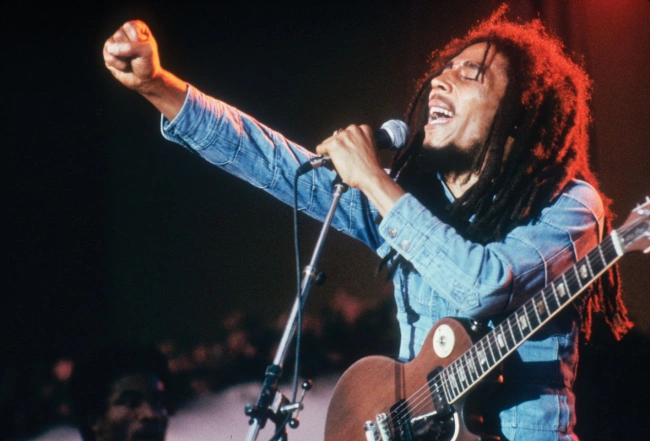
Hip-Hop and Cannabis Culture
Hip-hop’s relationship with cannabis evolved differently than reggae’s spiritual approach, positioning cannabis as a symbol of authenticity, rebellion, and street credibility. Artists like Dr. Dre, Snoop Dogg, and Cypress Hill transformed cannabis from spiritual sacrament to cultural lifestyle, creating new frameworks for cannabis representation in popular music.
Dr. Dre’s album “The Chronic” exemplified hip-hop’s approach to cannabis culture, using high-grade cannabis as both musical inspiration and branding strategy. The album’s G-funk sound and West Coast vibe became synonymous with cannabis culture, influencing a generation of listeners and establishing cannabis as integral to hip-hop identity. This approach differed significantly from reggae’s spiritual messaging, instead emphasizing cannabis as part of urban lifestyle and artistic authenticity.
Snoop Dogg emerged as hip-hop’s most prominent cannabis advocate, building an entire persona around cannabis consumption. His “Smoke Weed Everyday” mantra became cultural shorthand for cannabis acceptance, while his laid-back flow and delivery style embodied cannabis’s relaxing effects. Unlike earlier musical movements that coded cannabis references, hip-hop artists embraced explicit cannabis messaging, challenging legal and social restrictions through direct confrontation.
Modern hip-hop has expanded beyond recreational messaging to include business intersections, with many artists launching cannabis product lines and investing in legal cannabis companies. This evolution reflects hip-hop’s entrepreneurial culture and demonstrates how cannabis advocacy can translate into legitimate business opportunities as legal landscapes change.
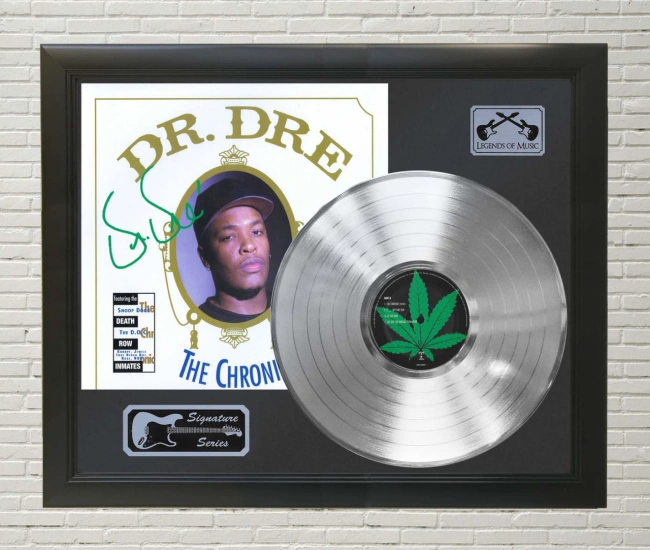
Rock and Psychedelic Music
The psychedelic rock movement of the 1960s and 1970s established cannabis as essential to musical experimentation and consciousness expansion. Artists like Jimi Hendrix, The Beatles, and The Grateful Dead used cannabis to explore new sonic territories and push creative boundaries.
The Beatles’ introduction to cannabis, famously facilitated by Bob Dylan in 1964, marked a turning point in rock music’s relationship with psychoactive substances. This encounter allegedly changed both their lives and their music, leading to more experimental compositions and studio techniques. Albums like “Sgt. Pepper’s Lonely Hearts Club Band” reflected cannabis-influenced creativity through innovative recording methods and conceptual approaches.
The Grateful Dead and jam band culture developed unique cannabis consumption rituals around live performance, creating communal experiences that bonded audiences with performers. Cannabis enhanced the improvisational nature of jam sessions, allowing for extended musical explorations that became hallmarks of the psychedelic rock experience. Festival culture emerged partly from these cannabis-centered musical communities, establishing precedents for modern cannabis-friendly music events.
Cannabis influence on rock production techniques included experimentation with recording speeds, layered soundscapes, and extended compositions that reflected altered consciousness states. These innovations permanently changed popular music production, influencing genres far beyond psychedelic rock and establishing cannabis as a legitimate tool for musical creativity rather than mere recreational indulgence.
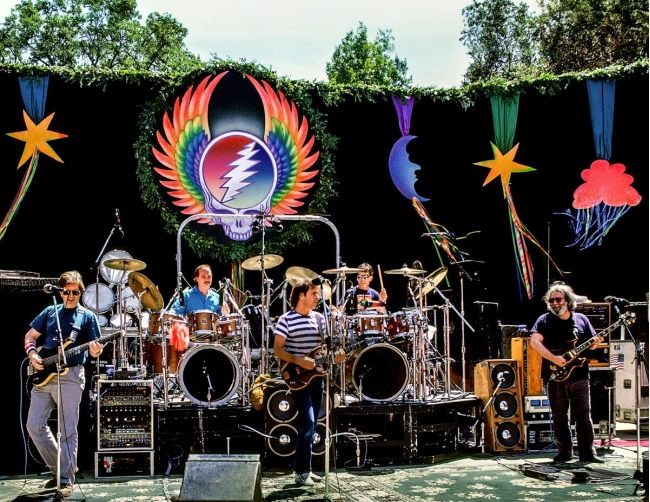
Electronic and Dance Music
Electronic music culture embraced cannabis differently than traditional band-based genres, integrating cannabis consumption into communal dance experiences and rave culture. Cannabis use in electronic music scenes often complemented rather than replaced other psychoactive substances, creating unique consumption patterns within dance music communities.
The relationship between cannabis and electronic music emphasizes enhancement of sensory experiences—bass frequencies, light shows, and rhythmic patterns—rather than creative production processes. Cannabis consumption at electronic music events focuses on audience experience rather than performer inspiration, though many electronic music producers credit cannabis with enhancing their creative processes during production.
Modern EDM festivals have established sophisticated cannabis policies, with events like Electric Forest in Michigan creating cannabis-friendly environments that comply with local legal requirements. These festivals demonstrate how electronic music culture can integrate cannabis consumption into large-scale commercial events while maintaining safety and legal compliance.
Cannabis brands have found natural partnerships with electronic music festivals, using these events as marketing platforms for products designed specifically for dance music audiences. This commercial integration represents cannabis culture’s mainstream acceptance within electronic music communities and demonstrates successful business models for cannabis-music partnerships.
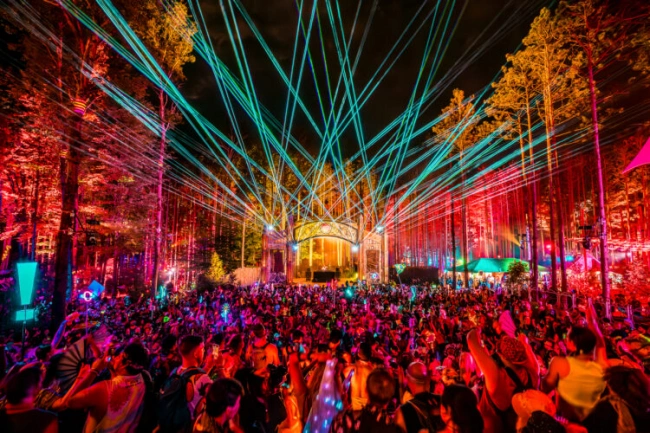
The Creative Process: Cannabis and Musical Innovation
Artistic Inspiration and Creativity
The relationship between cannabis and musical creativity operates on multiple psychological and physiological levels, with artists reporting enhanced emotional access, reduced creative inhibitions, and expanded perception of musical possibilities. Musicians across genres consistently describe cannabis as facilitating deeper connection to their emotional material and enabling breakthrough moments in composition and performance.
Scientific research on cannabis and creativity suggests that the plant’s effects on brain chemistry can enhance divergent thinking—the ability to generate multiple solutions to creative problems. For musicians, this translates into increased willingness to experiment with unconventional chord progressions, unexpected melodic choices, and innovative arrangement approaches that might seem too risky under normal consciousness.
Many artists describe cannabis as helping them access emotional states necessary for authentic musical expression. The plant’s anxiolytic effects can reduce performance anxiety and self-criticism that often inhibits creative flow, allowing musicians to explore vulnerable emotional territory essential for compelling songwriting. This emotional enhancement appears particularly valuable for genres requiring deep personal expression, such as blues, soul, and singer-songwriter music.
However, the relationship between cannabis and creativity remains complex and individualized. While some artists credit cannabis with breakthrough creative achievements, others find it interferes with technical precision or focus required for complex musical tasks. The debate over enhancement versus impairment continues within music communities, with experienced cannabis-using musicians often developing sophisticated understanding of how different strains and consumption methods affect their specific creative processes.
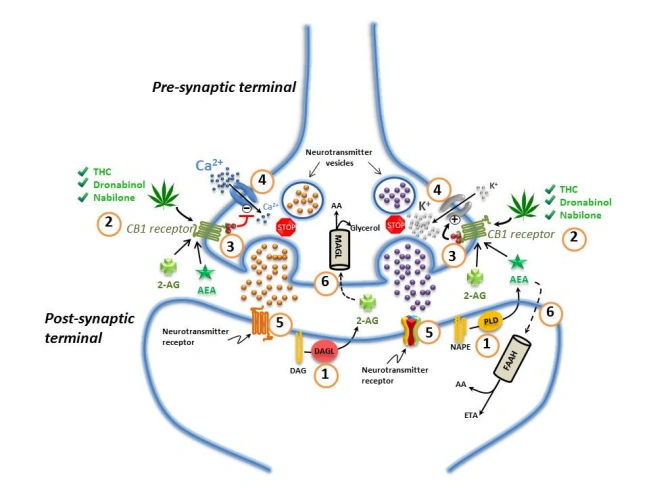
Studio Culture and Recording
Cannabis has significantly influenced recording studio culture and production techniques throughout popular music history. The relaxed, contemplative atmosphere that cannabis creates often facilitates extended studio sessions where musicians can experiment with sounds and arrangements without time pressure or creative anxiety.
Famous albums reportedly influenced by cannabis consumption during recording include landmark releases across multiple genres. The Beatles’ later albums, The Beach Boys’ “Pet Sounds,” and Pink Floyd’s conceptual works all emerged from studio environments where cannabis consumption was integral to the creative process. These albums demonstrated how cannabis could enhance collaborative musical creation and support ambitious artistic visions.
Cannabis influence on production techniques includes the development of “stoned” aesthetics—slower tempos, spacious arrangements, and emphasis on texture over traditional song structures. These production approaches became signatures of psychedelic rock, reggae, and certain electronic music subgenres, creating lasting changes in popular music production standards.
Modern recording technology has enabled more sophisticated integration of cannabis-influenced creativity with technical precision. Digital recording allows artists to experiment freely during cannabis-enhanced creative sessions while maintaining ability to edit and refine their work during more focused, sober sessions. This technological evolution has resolved some traditional tensions between cannabis creativity and professional production standards.
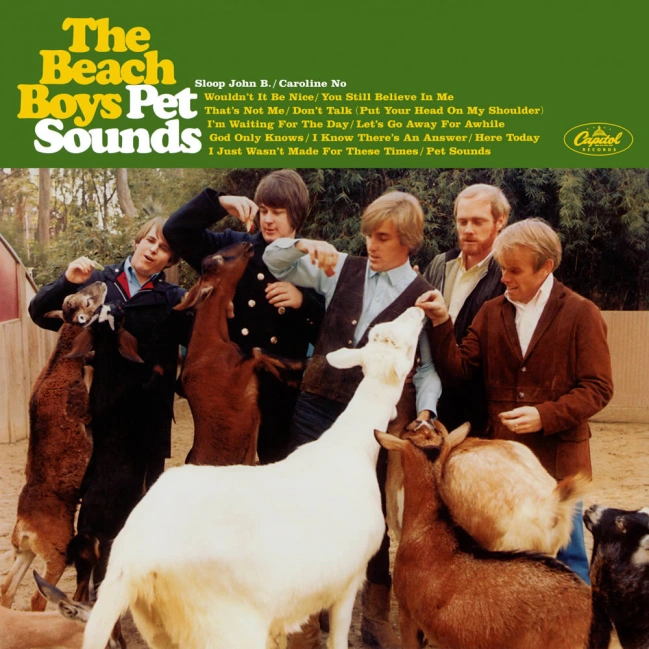
Industry Evolution and Creative Tools
The relationship between cannabis and musical creativity continues evolving as both cannabis products and music technology advance. Modern cannabis products offer more predictable, controllable effects than traditional consumption methods, allowing musicians to fine-tune their creative enhancement approaches for specific musical tasks.
Vaporization technology, precise dosing through edibles, and strain-specific effects enable musicians to customize their cannabis consumption for different creative needs—whether seeking energetic inspiration for songwriting or relaxed focus for mixing and mastering. This sophistication reflects cannabis culture’s maturation alongside music production technology.
Cannabis-influenced creativity has also expanded beyond individual artistic processes to include collaborative business ventures between cannabis and music industries. These partnerships demonstrate how creative inspiration can translate into commercial innovation, creating new models for artistic expression and entrepreneurial success.
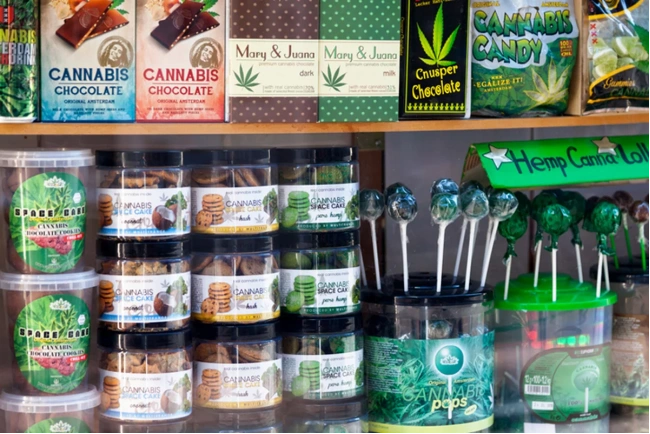
Modern Cannabis Music Industry
Legal Cannabis and Music Partnerships
The legalization of cannabis in numerous jurisdictions has fundamentally transformed the relationship between cannabis and music industries, creating legitimate business opportunities that were previously impossible under prohibition. Cannabis brands now sponsor major music festivals, with events like Outside Lands in San Francisco featuring dedicated “Grass Lands” cannabis consumption areas that serve over 225,000 attendees annually.
These partnerships extend beyond simple event sponsorship to include comprehensive brand collaborations between musicians and cannabis companies. Snoop Dogg’s “Leafs by Snoop” brand exemplifies this evolution, combining his musical celebrity with legitimate cannabis business ventures. Similarly, Wiz Khalifa’s “Khalifa Kush” represents how artists can leverage their musical success into cannabis entrepreneurship, creating new revenue streams while maintaining artistic authenticity.
The economic impact of these partnerships is substantial, with cannabis companies investing millions in music festival sponsorships and artist collaborations. The National Cannabis Festival in Washington, D.C., demonstrates this trend, combining live music performances with cannabis education and policy discussions, attracting record attendance and industry involvement. These events serve as platforms for cannabis companies to reach target demographics while providing musicians with new performance opportunities and revenue sources.
Legal cannabis has also enabled more sophisticated marketing approaches that were impossible under prohibition. Cannabis brands can now openly associate with musical artists and events, creating marketing campaigns that celebrate cannabis culture rather than hiding it. This transparency has led to more authentic brand partnerships and more effective marketing strategies that resonate with cannabis-using music fans.
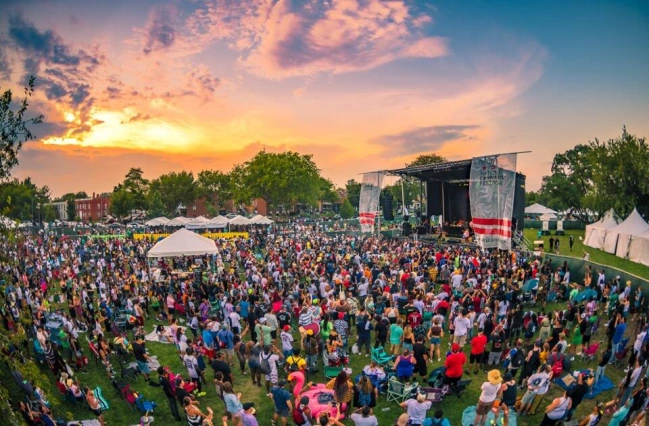
Streaming and Cannabis-Themed Playlists
Digital music platforms have embraced cannabis culture through curated playlists and cannabis-themed content that serves both audience demand and commercial interests. Major streaming services now feature dedicated cannabis playlists that combine classic “stoner” anthems with contemporary cannabis-friendly music, creating new contexts for musical discovery and audience engagement.
These playlists serve multiple functions: they provide cannabis users with appropriate musical accompaniment for their consumption experiences, introduce new audiences to cannabis-friendly artists, and create data streams that help both music and cannabis industries understand consumer preferences. The algorithmic curation of cannabis-themed playlists also enables more sophisticated matching of musical styles with different cannabis consumption scenarios.
Music streaming data has revealed important insights about cannabis users’ musical preferences, showing strong correlations between certain genres and cannabis consumption patterns. This data helps both industries develop more targeted products and marketing strategies, while also providing researchers with valuable information about the intersection of cannabis use and musical taste.
The rise of podcast platforms has also enabled new forms of cannabis-music content, with shows dedicated to discussing the intersection of cannabis and music culture. These platforms provide space for deeper exploration of cannabis-music relationships than traditional media allows, creating communities around shared interests in both cannabis and music.
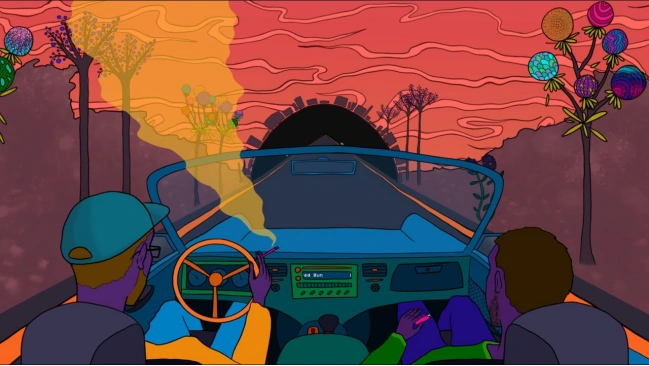
Cannabis Music Festivals
Cannabis-friendly music festivals have evolved from underground gatherings to major commercial events that attract hundreds of thousands of attendees and generate millions in economic impact. Events like Northern Nights Music Festival in California pioneered the integration of legal cannabis sales and consumption into music festival experiences, setting standards for the industry.
These festivals typically feature on-site dispensaries, designated consumption areas, and educational programming about cannabis culture and policy. The National Cannabis Festival combines music performances with cannabis advocacy, featuring policy discussions alongside live music, demonstrating how festivals can serve both entertainment and educational functions within cannabis legalization movements.
The geographical distribution of cannabis-friendly festivals reflects the current legal landscape, with events concentrated in states with legal recreational cannabis. However, festivals in medical-only states are finding creative ways to accommodate cannabis culture while respecting local laws, such as featuring cannabis education without direct consumption opportunities.
Cannabis festival programming has become increasingly sophisticated, featuring multiple stages, diverse musical genres, and comprehensive cannabis product exhibitions. Events like Electric Forest in Michigan create immersive experiences that combine music, art, and cannabis culture into cohesive entertainment packages that appeal to diverse audiences.
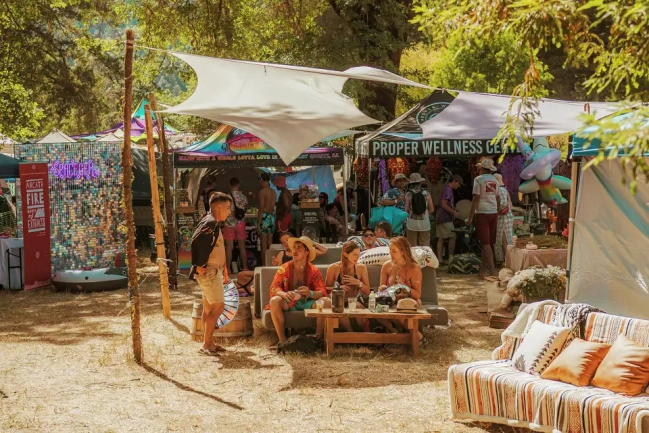
Cultural Impact and Social Implications
Changing Perceptions
Music has served as a primary vehicle for normalizing cannabis culture within mainstream society, with artists using their platforms to challenge negative stereotypes and promote more nuanced understanding of cannabis use. The transformation from criminal activity to legitimate business reflects broader social changes that music helped facilitate through positive representation of cannabis culture.
Generational differences in cannabis acceptance often correlate with musical taste and cultural exposure. Younger audiences who grew up with hip-hop and electronic music tend to have more accepting attitudes toward cannabis, while older generations who experienced jazz and rock may have different perspectives based on their musical cultural experiences.
The role of music in cannabis advocacy extends beyond individual artist statements to include organized campaigns and policy initiatives. Musicians have used their influence to support legalization ballot measures, criminal justice reform, and medical cannabis access, demonstrating how cultural influence can translate into political action.
Music festivals and concerts have become important spaces for cannabis education and policy discussion, with events featuring speakers, educational booths, and advocacy organizations alongside musical performances. These educational components help transform entertainment events into platforms for social change and policy advocacy.
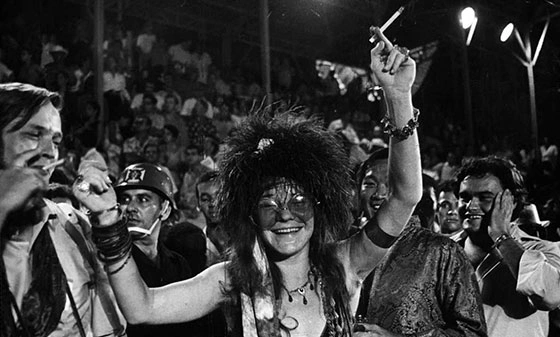
Global Perspectives
The international influence of American cannabis-music culture has contributed to changing attitudes toward cannabis in countries with restrictive drug policies. American musical exports carry implicit cannabis messaging that influences global youth culture, creating international pressure for policy reform and cultural acceptance.
Different countries’ legal frameworks create varied approaches to cannabis-music culture, with some nations embracing the combination while others restrict both cannabis use and cannabis-themed musical content. These variations provide natural experiments in how legal frameworks affect cultural expression and artistic freedom.
Cannabis tourism has emerged as a significant economic factor in jurisdictions with legal cannabis, with music festivals serving as major attractions for international visitors. Events in Colorado, California, and Amsterdam attract tourists specifically seeking cannabis-friendly musical experiences, generating substantial economic impact for local communities.
The global streaming of cannabis-themed music creates complex legal and cultural situations where content legal in some jurisdictions may face restrictions in others. These challenges require sophisticated approaches to international marketing and distribution that respect local laws while serving global audiences.
Social Justice Considerations
The intersection of cannabis legalization and music culture has highlighted important social justice issues, particularly regarding the disproportionate impact of cannabis prohibition on communities of color who created much of cannabis-music culture. Many advocacy efforts now focus on ensuring that legal cannabis industries include participation from communities most harmed by prohibition.
Music industry professionals have increasingly supported expungement programs for cannabis-related criminal records, recognizing that many influential musicians and music industry workers were unfairly targeted by prohibition policies. These efforts represent music industry acknowledgment of its role in promoting cannabis culture while some community members faced criminal consequences.
The economic benefits of legal cannabis-music partnerships raise questions about how profits should be distributed, particularly given that many pioneers of cannabis-music culture received criminal penalties rather than commercial success. Some initiatives attempt to address these disparities through social equity programs and community investment.
Cannabis legalization advocacy within music communities often connects to broader criminal justice reform efforts, recognizing that cannabis prohibition was part of larger systems of social control that affected musical communities. This broader perspective helps frame cannabis policy as one component of comprehensive social justice initiatives.
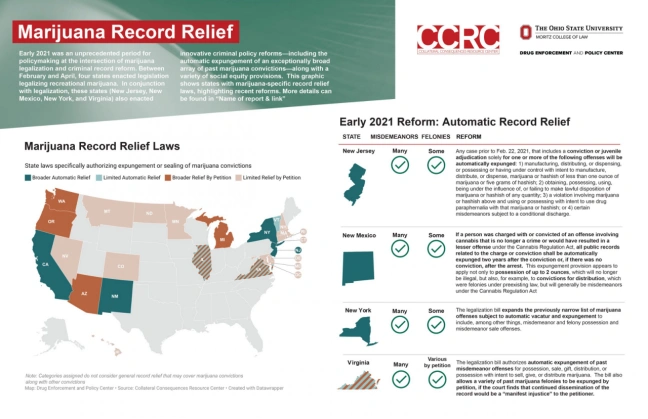
Future Trends and Predictions
Emerging Technologies
Virtual and augmented reality technologies are creating new possibilities for cannabis-enhanced musical experiences, with developers exploring VR concerts and interactive musical environments designed specifically for cannabis consumption. These technologies could enable entirely new forms of musical entertainment that combine cannabis consciousness with immersive digital experiences.
Artificial intelligence is beginning to influence both cannabis and music industries, with AI-powered music recommendation systems incorporating cannabis consumption patterns and AI-assisted cannabis product development targeting specific musical experiences. These technological convergences could create more personalized and effective cannabis-music products and services.
Blockchain technology may enable new business models for cannabis-music partnerships, including cryptocurrency payments, smart contracts for artist-cannabis company collaborations, and decentralized platforms for cannabis-themed musical content. These innovations could solve some current regulatory and financial challenges while creating new revenue opportunities.
Precision dosing technologies for cannabis products could enable more sophisticated approaches to cannabis-enhanced musical experiences, allowing consumers to customize their cannabis consumption for specific musical events or genres. This technological precision could reduce negative experiences while maximizing creative and enjoyable outcomes.
Industry Evolution
The ongoing wave of cannabis legalization presents concrete opportunities for cannabis-music partnerships in emerging markets. States like Minnesota and Ohio, which recently implemented adult-use programs, represent immediate expansion territories for established cannabis-music brands. Internationally, Germany’s recreational cannabis market launch in 2024 and potential policy shifts in countries like Australia and the Netherlands could create substantial new revenue streams for cross-industry collaborations. These markets often lack established cannabis brand loyalty, providing first-mover advantages for companies combining cannabis products with music festival experiences or artist endorsements.
The evolution beyond basic sponsorship arrangements is producing complex multi-revenue partnerships. Record labels are now investing directly in cannabis cultivation and retail operations, as seen with cannabis companies launching their own music labels and content studios. These integrated models include cannabis brands developing exclusive playlists for consumption experiences, music venues partnering with dispensaries for co-located entertainment complexes, and artists creating signature product lines that extend beyond simple branded flower to include precisely dosed edibles designed for specific musical experiences or genres.

Gen Z consumers, who represent the first generation to experience both legal cannabis access and algorithm-driven music discovery simultaneously, demonstrate distinct consumption behaviors. This demographic shows preference for micro-dosing products that enhance music listening without impairment, cannabis-infused social experiences that integrate live music, and products with specific terpene profiles marketed for different musical moods or genres. Their consumption patterns favor experiential purchases over product ownership, driving demand for cannabis-enhanced concert experiences and music festival partnerships.
Cannabis-music collaborations are increasingly positioned within the broader $4.4 trillion wellness economy. This includes cannabis products specifically formulated for meditation and sound therapy sessions, partnerships between cannabis brands and wellness retreats featuring live music, and the development of “functional music” – audio experiences designed to complement specific cannabis effects for stress reduction, creativity enhancement, or sleep improvement. This wellness positioning helps legitimize cannabis use while expanding market reach beyond traditional recreational consumers.
Conclusion
The relationship between cannabis and music represents one of the most enduring and influential cultural partnerships in modern history. From jazz clubs to reggae studios, hip-hop sessions to electronic dance floors, cannabis has served as creative catalyst, cultural symbol, and bridge between artists and audiences across generations and genres.
As we’ve explored, this relationship extends far beyond individual consumption to encompass business partnerships, festival experiences, technological innovations, and social movements that continue shaping both industries. The evolution from underground subculture to mainstream commercial partnership reflects broader social changes around cannabis acceptance and demonstrates music’s power as a vehicle for cultural transformation.
The future of cannabis and music promises continued innovation as both industries mature and legal frameworks evolve. Emerging technologies, changing consumer preferences, and expanding legalization will likely create new opportunities for creative collaboration and commercial success while also presenting ongoing challenges around regulation, health, and social equity.
The cannabis-music partnership ultimately represents the human desire to enhance creative expression and community connection through altered consciousness. Whether viewed as spiritual practice, artistic tool, or lifestyle choice, cannabis has become permanently integrated into musical culture in ways that will continue influencing both creativity and commerce for generations to come.
As both industries navigate this evolving landscape, the lessons learned from decades of cannabis-music culture provide valuable guidance for creating authentic, responsible, and commercially successful partnerships that honor the creative traditions while embracing new possibilities for artistic expression and cultural connection.


